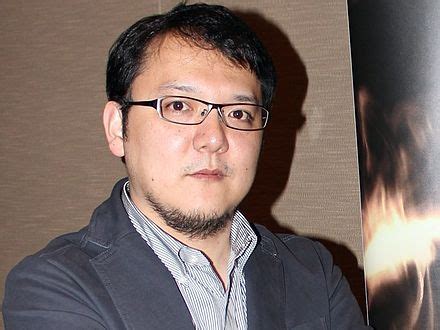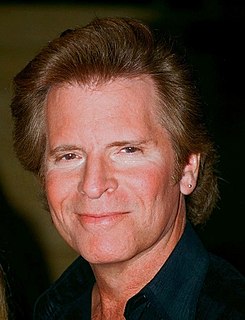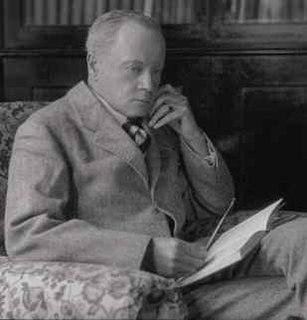A Quote by Paula White
The theme of my life is overcoming. It is my personal mantra and what I help other people do.
Related Quotes
Ever since I was a child, I always had insecurity or suspicions about my own personal identity. That's why I started going to a lot of movie theaters, because I felt more comfortable there than at school. Now, the search for a personal identity is becoming a common topic for young Japanese people, and it's a big theme in their own lives. But it's been a theme in my life, as well, ever since I was young.
It is a good practice to write at least on page of mantra daily. Many people get better concentration by writing than by chanting. Try also to inculcate in children the habit of chanting and neatly writing the mantra. This will help to improve their handwriting, too. The book in which the mantra is written should not be thrown around; it should be carefully kept in our meditation or shrine room.
The theme of the diary is always the personal, but it does not mean only a personal story: it means a personal relationship to all things and people. The personal, if it is deep enough, becomes universal, mythical, symbolic; I never generalize, intellectualise. I see, I hear, I feel. These are my primitive elements of discovery. Music, dance, poetry and painting are the channels for emotion. It is through them that experience penetrates our bloodstream.
People probably long for something genuinely personal in a society where the personal is often indistinguishable from the "personalized." Maybe the poetry audience member is searching for his or her own "personal space" and they expect the poet to be a sort of avatar of the private life. But that sort of representation is distasteful to me. Asking a poet to represent the personal life is, paradoxically, to turn the poet into something other than a person.
You take fantasies, which for thousands of years belonged to the religious realm - overcoming death or our merging with the universe - and you suddenly start talking about them in a more technical perspective as something that can be achieved, not after you die with the help of supernatural beings, but in this very life with the help of technology.
Other people want a career or success because they think that will help them find their personal life somewhere. I've done it the other way around. What I have is what everybody else is looking for. I know I've got it made. I know I'm a very lucky man. That came first. Then the music and the career just kind of took care of themselves.




































